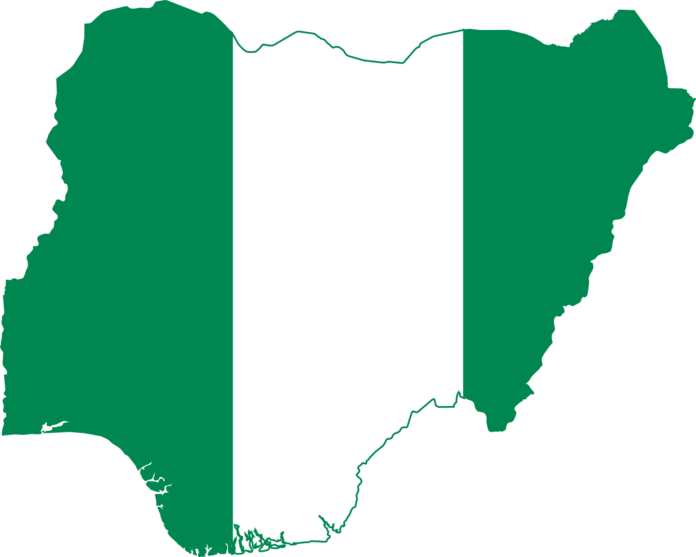By Mabel Adinya Ade
As Nigeria marks 64 years of independence, the nation stands at a crossroads, grappling with multiple challenges that cast a shadow on the promise of prosperity that accompanied the birth of the republic in 1960. At independence, Nigeria was heralded as the “Giant of Africa,” a nation brimming with resources, hope, and potential. Today, the reality is starkly different, as the country contends with a myriad of socio-economic and political issues that have left millions of citizens disillusioned. Yet, as daunting as these challenges are, there remains a flicker of hope for a better tomorrow one that requires bold reforms, accountability, transparency, and a collective will to steer the nation toward a brighter future.
A Once Vibrant Economy in Decline
Nigeria’s economy, once on par with global currencies like the British Pound and the US Dollar, has witnessed a dramatic decline. The Nigerian Naira, which previously held its own against major currencies, now struggles in the face of inflation, a deteriorating exchange rate, and weak economic management. The South African Rand, once a weaker currency, now stands over 200% higher than the Naira, a painful reflection of Nigeria’s economic mismanagement over the years.
The Nigerian Bureau of Statistics (NBS) reports that over 133 million Nigerians now live below the poverty line. This translates to approximately 63% of the population, unable to afford basic living expenses like food, shelter, and healthcare. The spiralling cost of living, fuelled by rising inflation, worsens the economic outlook for everyday Nigerians. The increase in fuel prices, following the removal of fuel subsidies, has compounded the struggles of a populace already burdened by unemployment and underemployment, particularly among the youth.
The Spectre of Corruption and Mismanagement
At the heart of Nigeria’s economic woes is the pervasive corruption and misappropriation of public funds. Despite abundant natural resources—oil, gas, and vast agricultural potential—mismanagement and endemic corruption have hindered Nigeria’s ability to translate its wealth into meaningful development. Successive governments have paid lip service to the fight against corruption, while the majority of citizens continue to suffer from the fallout of public sector inefficiency.
The health and education sectors, once beacons of pride, are now in shambles. Underfunded and poorly managed, these critical sectors have left millions of Nigerians without access to quality healthcare and education. Infrastructural decay, from bad roads to epileptic power supply, continues to plague the nation, stalling industrial growth and development.
Rising Insecurity and Social Instability
One of the most visible manifestations of the country’s failure to provide basic security is the rise of violent conflict, kidnapping, and banditry. Widespread insecurity has forced many Nigerians to live in constant fear, particularly in the northern regions, where insurgencies, kidnappings, and banditry thrive. Food insecurity has worsened, as farmers are unable to access their farms due to violence. This has contributed to soaring food prices and increased hunger across the nation.
Electoral fraud and political instability further complicate the picture, as elections are often marred by violence, vote-buying, and lack of transparency, eroding the democratic values that Nigeria fought hard to establish. Compounding these challenges is the rising incidence of sexual and gender-based violence, a social scourge that remains largely under-addressed despite the government’s commitments.
Is There Hope for the Future?
While Nigeria’s current challenges appear overwhelming, there remains hope for the future. The nation’s young and dynamic population is a key asset. With over 60% of the population under the age of 25, Nigeria’s youth can play a transformative role in the country’s development if given the opportunity. Investments in education, technology, and entrepreneurial training can harness this demographic dividend, creating new opportunities and driving innovation in critical sectors.
To achieve lasting change, bold reforms are needed. The Nigerian government must prioritize good governance, transparency, and accountability. The fight against corruption must move beyond rhetoric, with tangible actions taken to hold public officials accountable and recover stolen funds. Strengthening institutions like the judiciary and anti-corruption agencies will be critical in this fight.
Economic diversification is also essential. Nigeria must reduce its dependence on oil, which has left the economy vulnerable to fluctuations in global oil prices. By investing in agriculture, renewable energy, technology, and manufacturing, the country can build a more resilient economy that creates jobs and reduces poverty.
Finally, addressing insecurity requires a comprehensive approach that combines military interventions with long-term social and economic strategies. Building trust between communities and the government, improving law enforcement, and addressing the root causes of conflict—such as poverty, unemployment, and political exclusion—are vital steps in restoring peace and stability.
Conclusion
At 64, Nigeria is a nation teetering between its great potential and the harsh realities of its current situation. The dreams of prosperity that once defined its early years of independence have been marred by decades of mismanagement, insecurity, and social instability. However, hope is not lost. With the right leadership, strategic reforms, and a renewed commitment to fighting corruption and addressing inequality, Nigeria can rise once again as a beacon of hope and progress in Africa. The journey may be long and arduous, but with determination and collective effort, a better Nigeria is still within reach.
Happy 64 years of independence fellow Nigerians.
Written by Mabel Adinya Ade
Executive Director,
Adinya Arise Foundation





